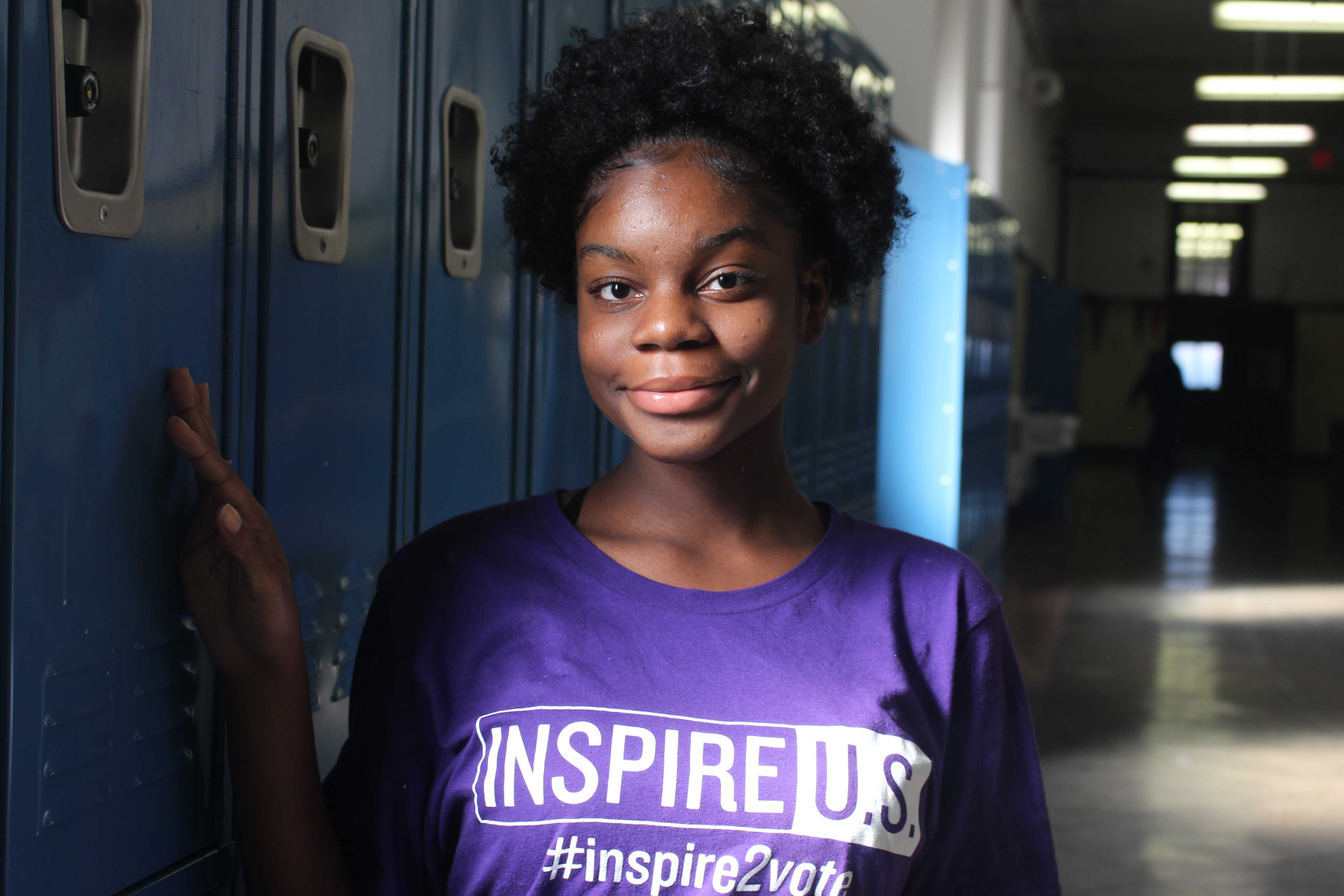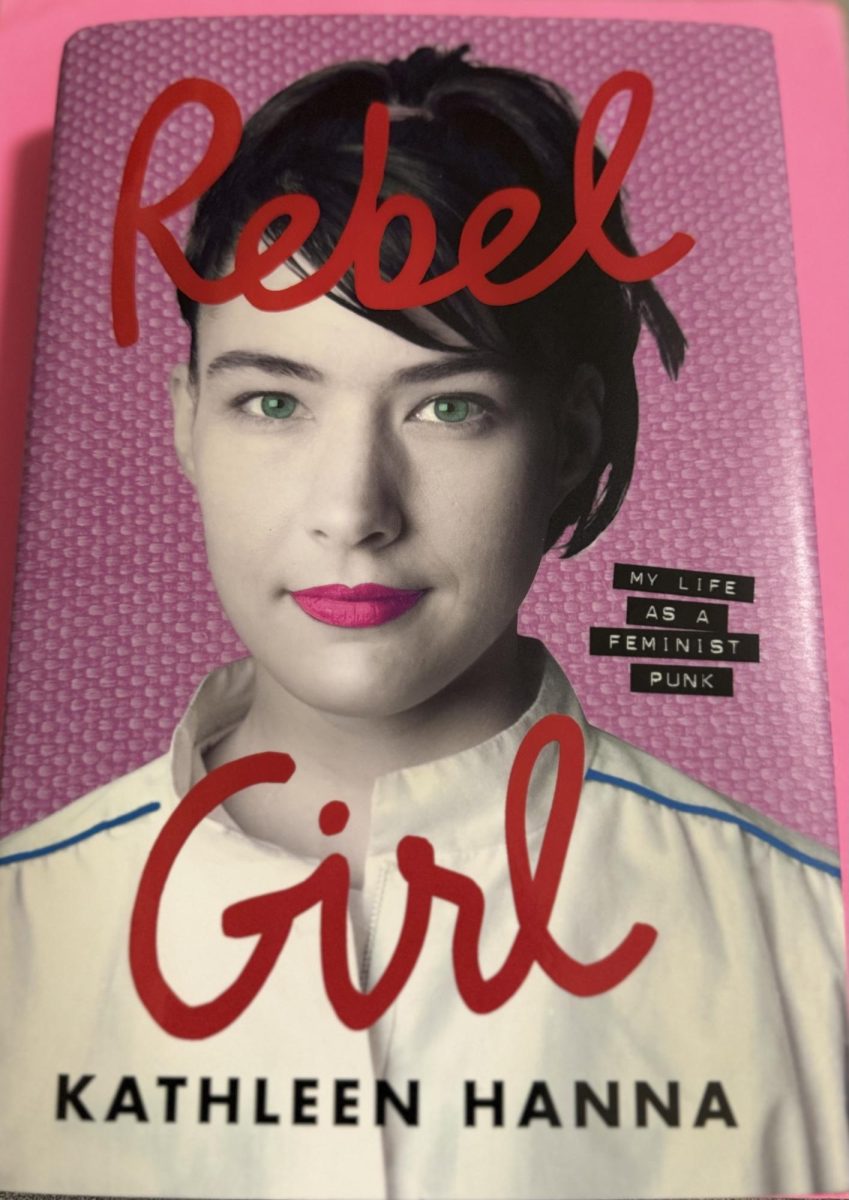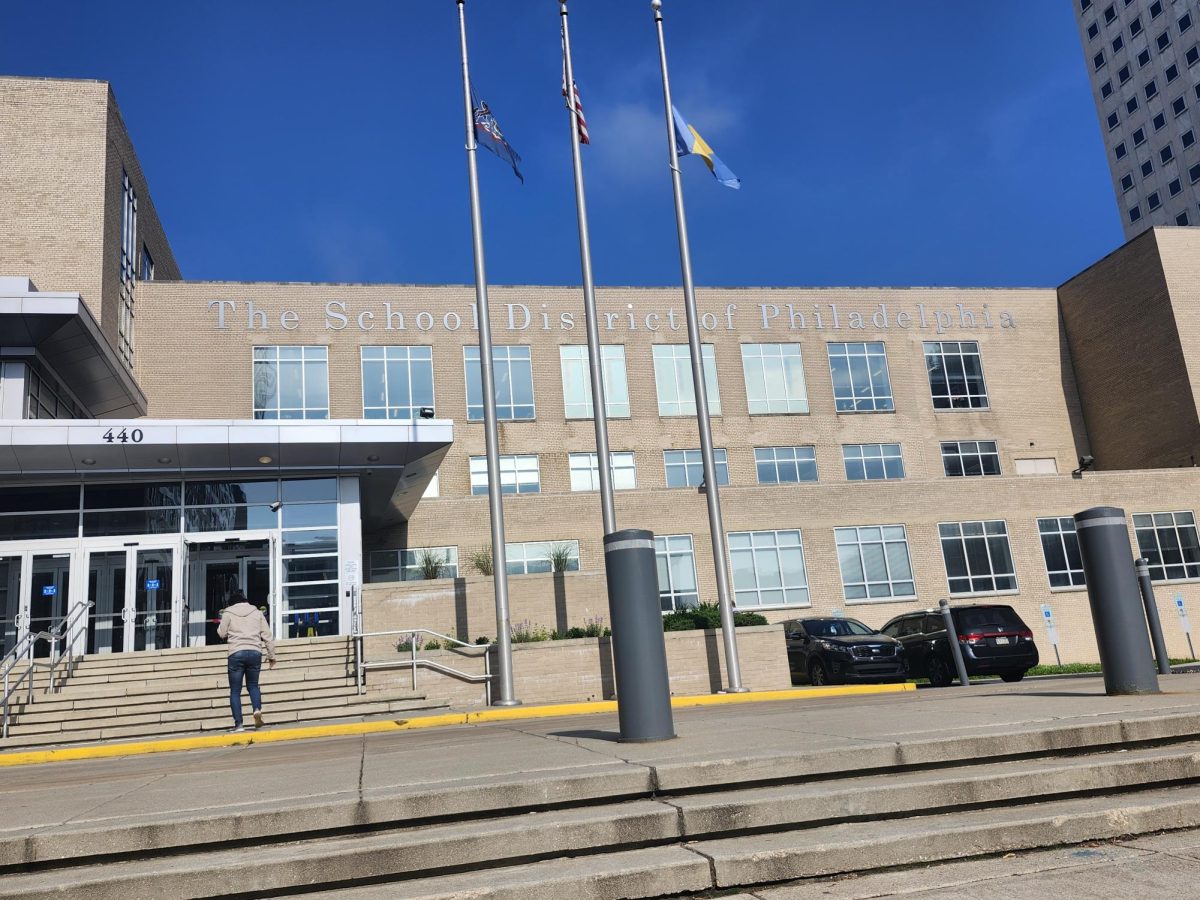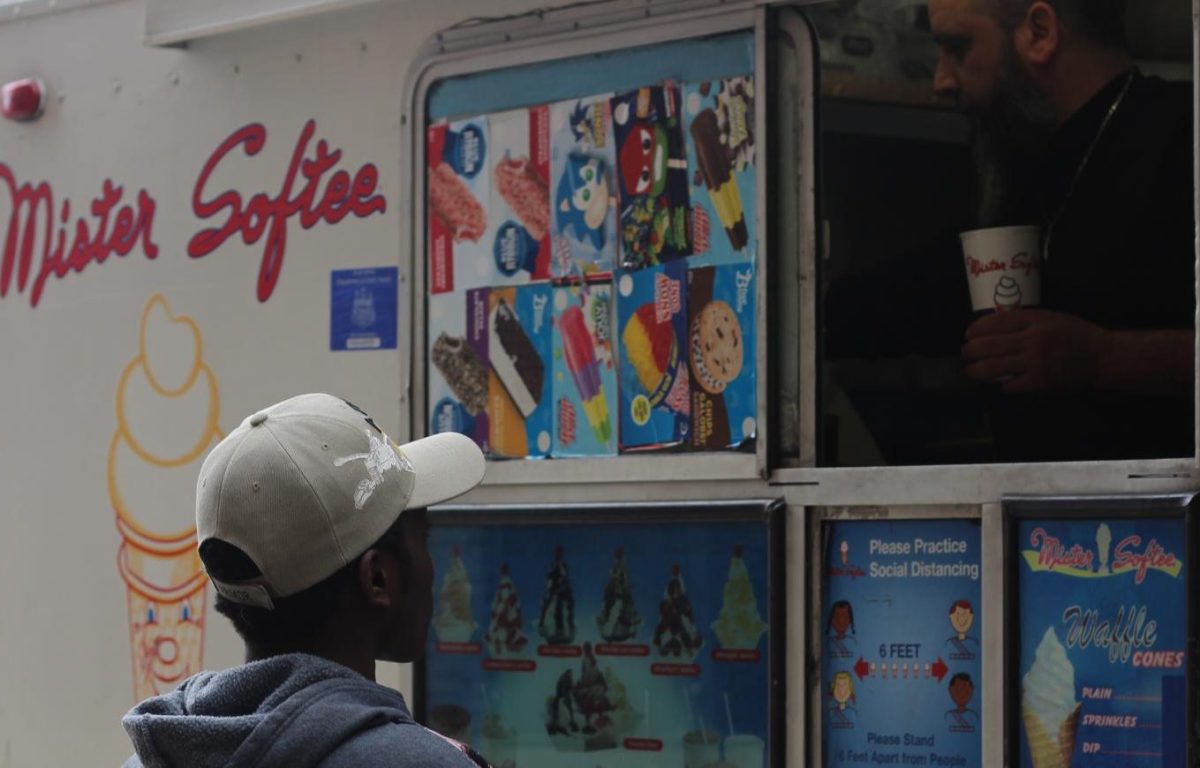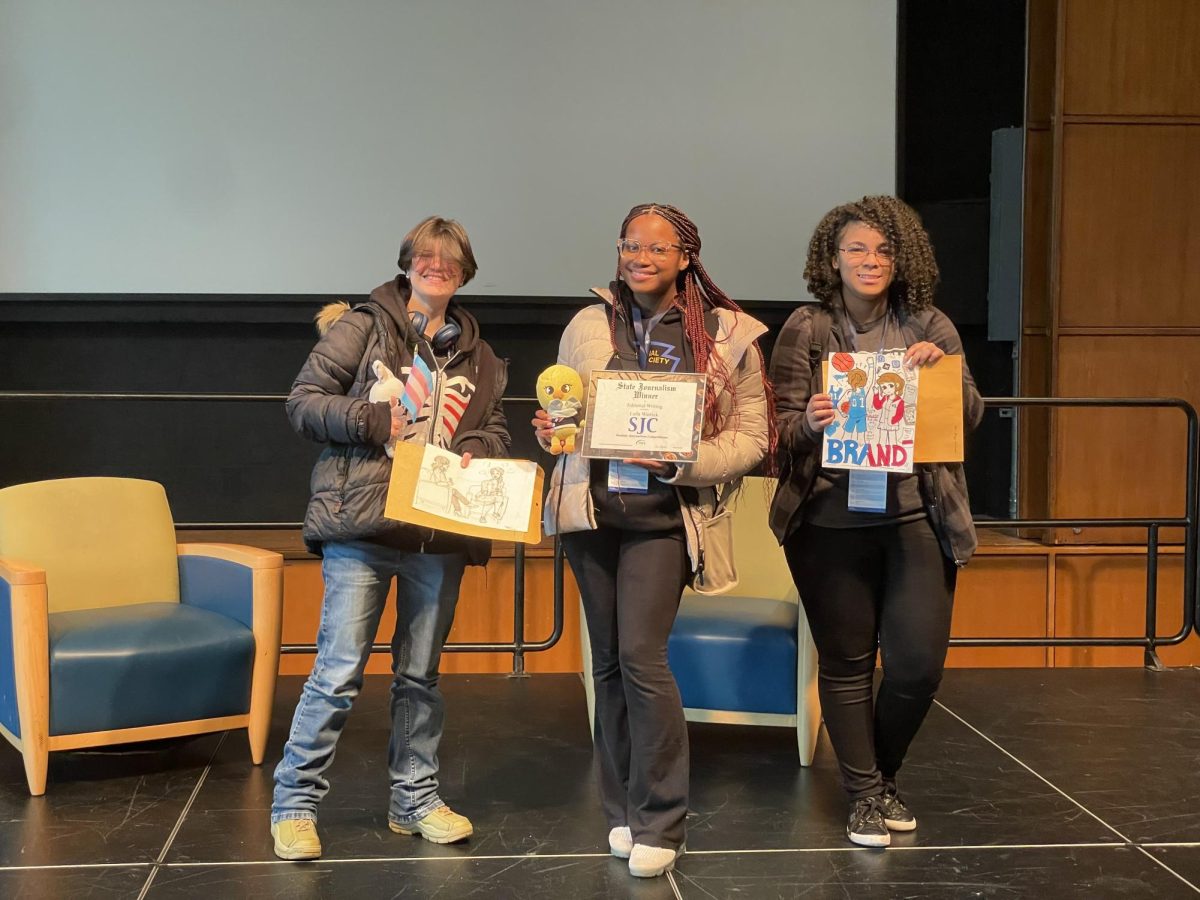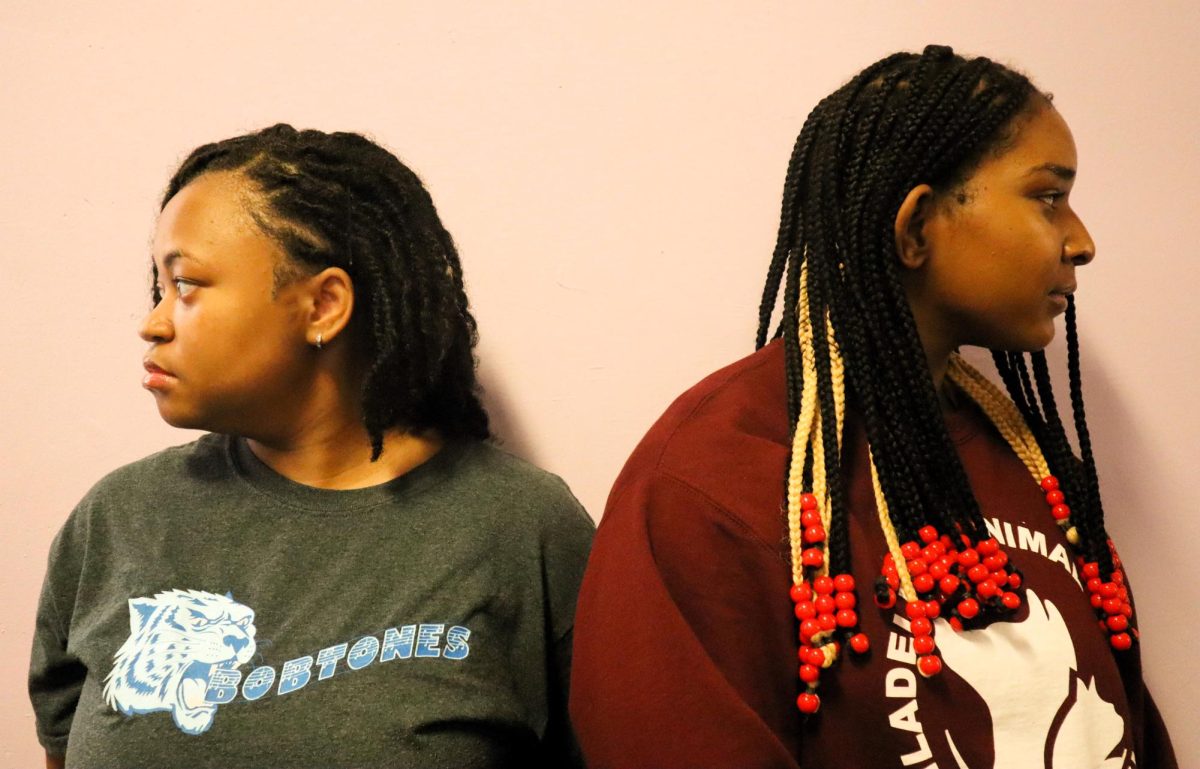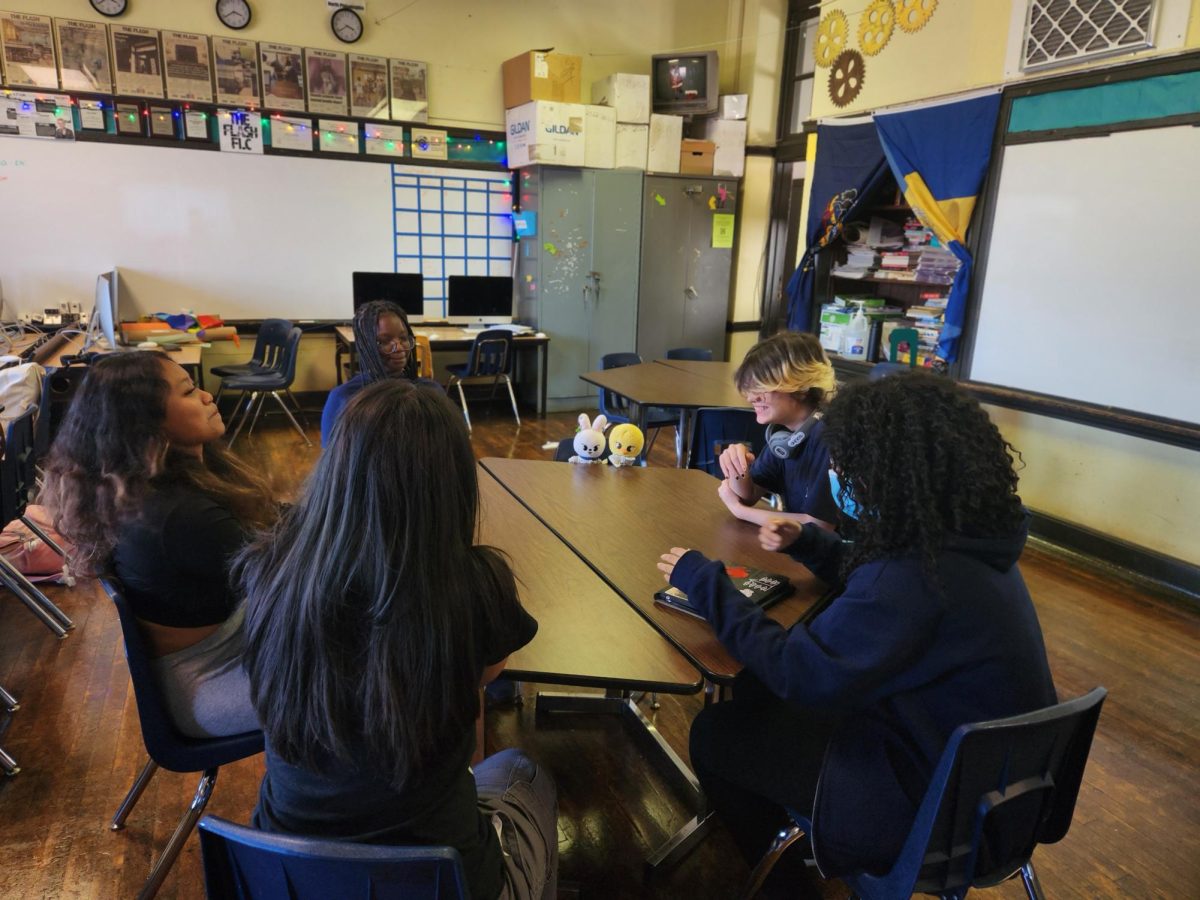By Sophia Cisse, Hannah Woodruff
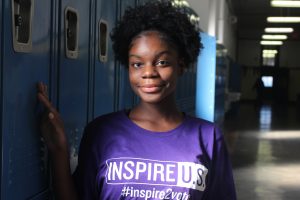
Now more than ever, youth voters plan to take action as the upcoming elections begin to close in. The shared spirit for change drives the young demographic to use their voices and votes to call out issues that once were silenced.
Despite holding the leverage in population more than any other age group, millennials tend to use their right to vote the least. But this fall, voter registration organizations have been targeting as many people as possible to apply before elections take place, with youths being the bulls-eye.
One organization by the name of Inspire U.S. recently visited Franklin Learning Center to execute a similar mission. Led by regional coordinator Hilary Kinney, the team makes it a priority to inform and expose eligible youths in Philadelphia to the voting process. By helping young adults with the registration process, they hope to increase youth involvement in later elections.
For voters still in school, this program could help them in the long run since they are thoroughly guided. At FLC, Kinney held meetings for student volunteers that wanted to lend a helping hand with their cause. Seniors and juniors participated in this in October, and shared information on voting to their classes and gave assistance with applications for eligible peers.
It’s rare to be under the radar for rendering services like Inspire U.S., but not everyone can escape repercussions for performing civic duties as concerned citizens. Recently, Central High’s civics teacher Thomas Quinn got slammed with accusations for “liberal indoctrination” by Val DiGiorgio, a Penn. GOP chairman and former Central student. In actuality, Quinn was just doing what he’s always done: registering his students to vote with no mention of biased political views.
The following investigation alarmed parents and teachers, left students puzzled, and united Philadelphians. At a rally in defense of Quinn, 8th district council candidate Tonya Bah expressed her thoughts on the matter, and explained that “the job of a history teacher is to expose [her] child to civics” so it’s essential “[they] should feel supported.”
Registrators like Kinney, teachers like Quinn, and parents like Bah are a percentile that believe voting is one of the most important duties one could have. To them, it is imperative for every millennial to understand “what their rights are” and to decide “to put their futures into their hands,” as Bah puts it.
Voting is a voice given to citizens and if no one votes, the government cannot hear. During the 2014 midterm elections, only an estimated 20% of 18 to 29 year old turnout when there were more eligible youth voters than baby boomers. Most reported that they didn’t vote in prior elections because they thought their voice didn’t matter, nor get represented. Some just weren’t educated in politics and couldn’t care less.
As of now, it’s different.
Millennials today believe it’s their generation whose future they determine with votes. In 2018, young people have opened their eyes more to the fact that voting “allows everyone in society to have a voice,” including Luis Padilla (‘20) who has been watching on the sidelines. With the influence of past complications and current educators, youth across the nation are stepping up to raise turnout in their set and the progress is present.

